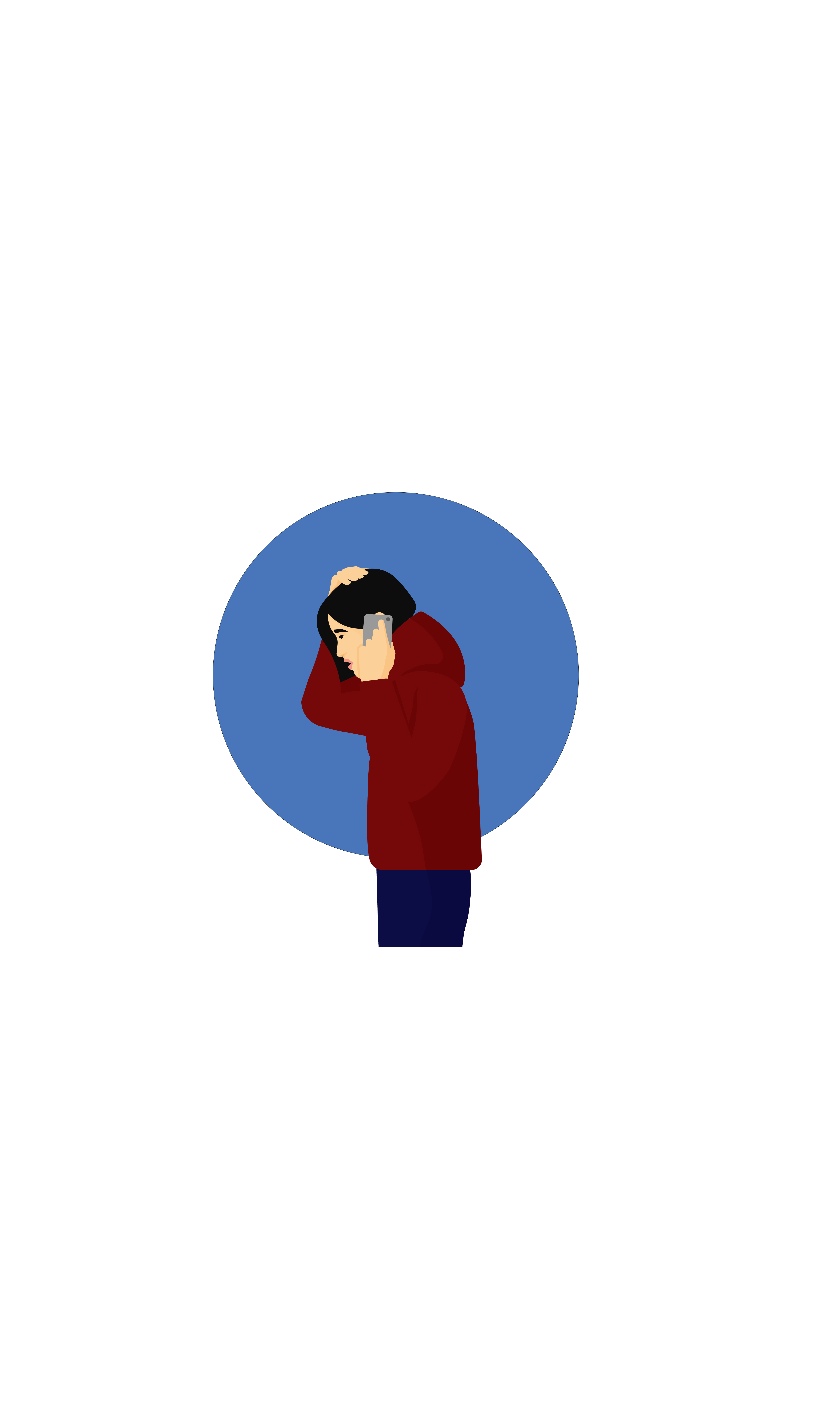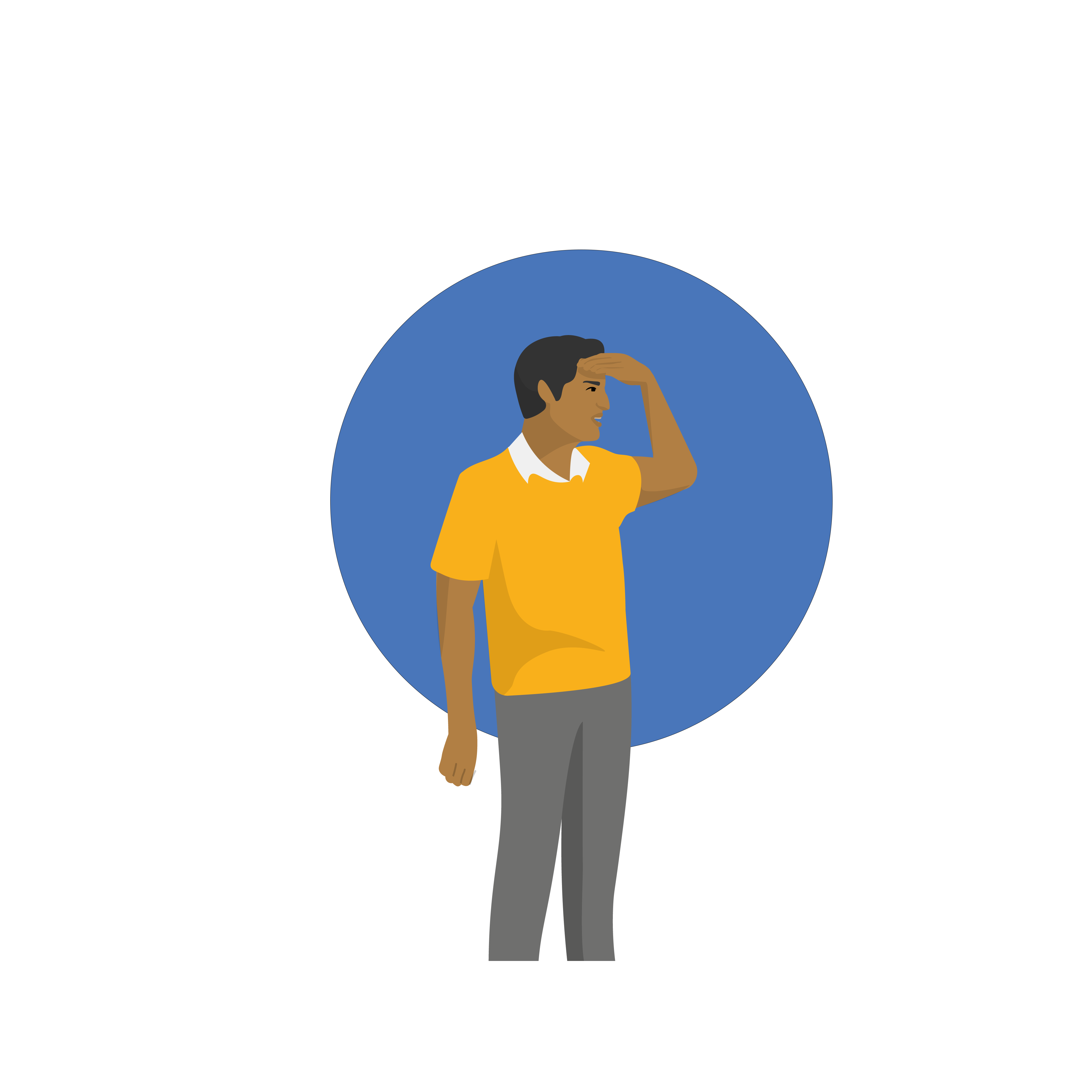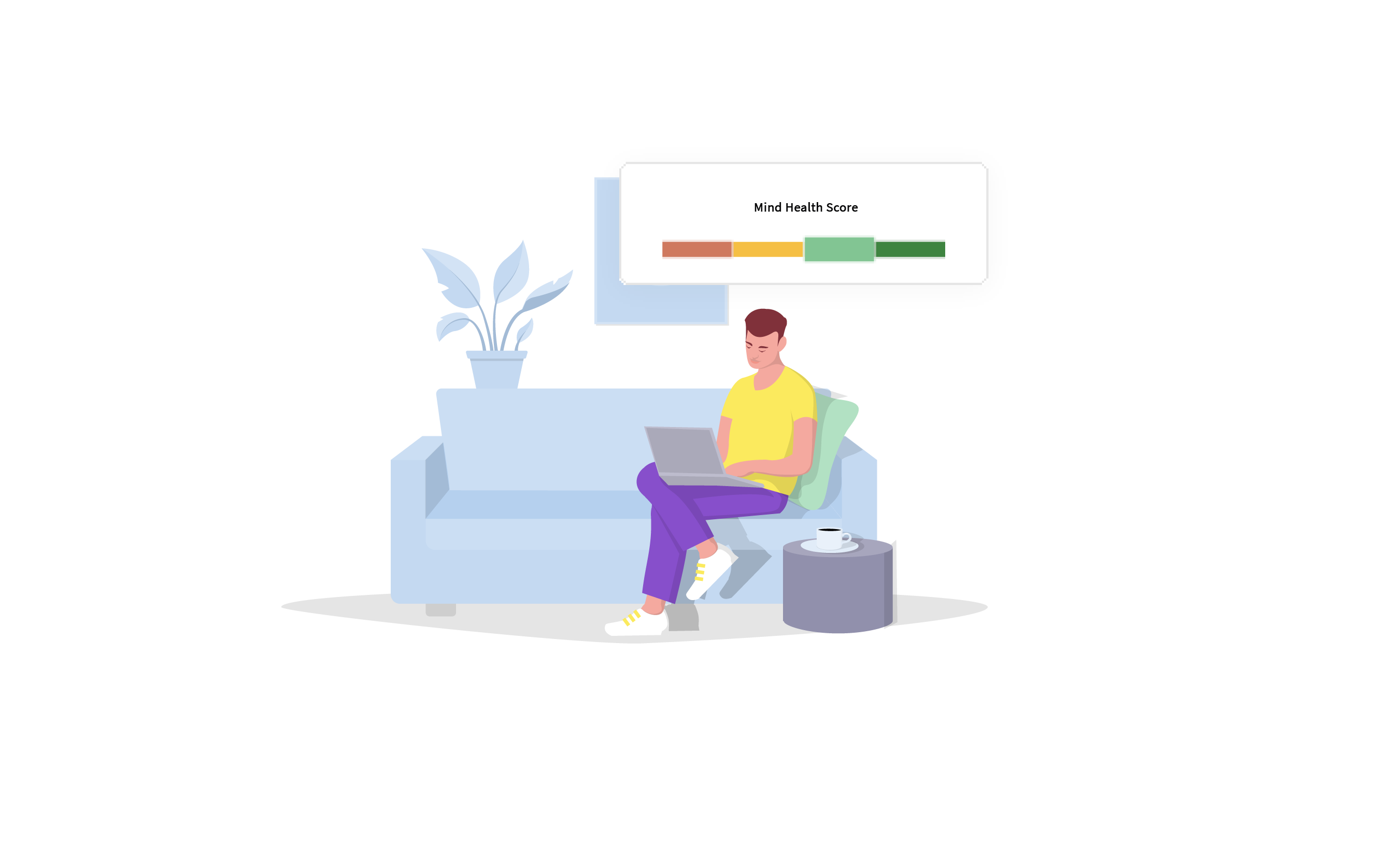A global view on mind health
Around the world, one in three people are now living with a mental health condition – and young adults are the most affected. Our 2025 Mind Health Study shows that stress, anxiety and depression are rising fastest among 18-34-year-olds, who are now two times more likely to struggle than older generations.
But the picture isn’t the same for everyone: non-natives – individuals who live or work overseas – continue to face greater mind health challenges than their native peers. And for the first time, we can even see a generational divide appearing among young adult non-natives themselves – with Millennials now experiencing poorer mental health than Gen Z.
From digital burnout and loneliness to financial instability and career insecurity, our latest study explores what’s driving this divide and what it means for the future of young adult mind health.
We've found....

an 11%
rise in depression, anxiety, and stress last year alone among young adults globally (18-34s).

42%
of non-native Millennials are struggling, while non-native Gen Zs are 25% less affected.
66%
of Gen Z and Millennial non-natives would use, or have used, AI virtual therapists for mind health support.
51%
of Gen Z and Millennial non-natives say that excessive use of social media and digital devices is harming their mental health.
Download the 2025 AXA Global Healthcare Mind Health Report
What we mean by...
In our Mind Health studies, natives are people living in the country where they were born, while non-natives live or work in a country different from where the one they were born in.
Millennials are the first generation of digital natives, who came of age during the rise of the internet and social media. They saw the shift from dial-up to smartphones, from landlines to livestreams and also lived through major world events.
Unlike Millennials, Gen Z has grown up using the internet, modern technology and social media. They’ve never known a world without constant connectivity. But they’ve also grown up in times of global crises such as climate change and the COVID-19 pandemic.
Get your global mind health report today
Now in its fifth year, our 2025 Mind Health study looks into the wellbeing of young adult non-natives and the challenges they’re facing in a complex and constantly shifting world. Magnified this year are the differences between the Gen Z and Millennial non-natives populations, whose mind health experiences are being shaped in very different ways.
Our findings focus on:

- The growing generational divide between non-native Gen Z and Millennial mind health – why are 18-24s flourishing and 25-34s struggling?
- The differences in how non-native young adults classify their mental health and what their clinical assessments are showing.
- Where non-native Gen Z and Millennials are now turning to for their mind health information, and why it’s not where we might expect.
- The economic, environmental and technological impacts on young adult mind health, including overexposure to negative news, work-related issues and the overuse of social media.
- The future of mind health support and how AI is already turning the dial.
Hear from our leaders and experts

Xavier Lestrade, CEO, AXA Health International
‘Our 2025 Mind Health report offers rich insights into where change is most needed for young adult non-native mental health. As employees, policymakers, communities and individuals, we all have a role to play in turning the tide. This means listening to young adults more closely, acting more decisively and building systems of care that reflect the reality of their world.’

Louisa Rose, CEO, Beyond UK:
‘By the age of 12, 97% of UK children (91% in the US) have a smartphone, three in four are using them in ways that mirror behavioral addiction and Gen Z are online more than any other demographic. Modelling behaviour that helps them to reclaim agency over this dependency is crucial, as is education around algorithmic literacy.’

Colin Preece, Clinical Head of Mental Health, Teladoc Health UK:
'The 2025 Mind Health Report highlights a gap: young people seem to be living with moderate to severe stress, anxiety or depression and are accepting of this, thinking they’re doing fine. Whether we’re employees, family, colleagues or friends – recognising this ‘mind health gap’ is important. It helps us better understand ourselves, support each other, and build healthier workplaces and communities.’

Check in with your mind health
How’s your mental health doing at the moment? Maybe it's not something you think about regularly, but you'd like to pay a bit more attention to.
At AXA, we recently launched the Mind Health Self-Check to help individuals learn more about their mental wellbeing and what they can do to improve it.
In just ten minutes, we'll ask you a short series of questions to gather insights into your emotional wellbeing. It's:
- free
- anonymous
- confidential
- available in ten languages
- based on research from 200 scientific studies.
Once you’re done, you’ll receive a personal report with practical tips to support your mental wellbeing.
World of Wellbeing

Maintaining a healthy mind
It's important to look after our emotional wellbeing in the same way we look after our physical health. We've worked with psychologists and mental health experts to provide a range of resources and guidance to help you improve and maintain good mind health.

Take time to check in with yourself
Find out more about your mind health with our LowMoodQuiz. Used by mental health practitioners and doctors, it can help you to gauge how you're getting on, as well as give you some tips to boost your wellbeing.

Support for expats
We know that starting a new life abroad comes with plenty of questions. Our expat lifestyle hub is just the place for finding out more about making the leap. Whether it's for you or someone you know, there's bound to be something that will help with what's next.
